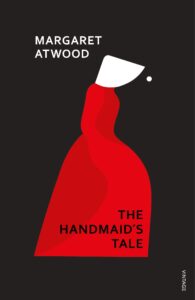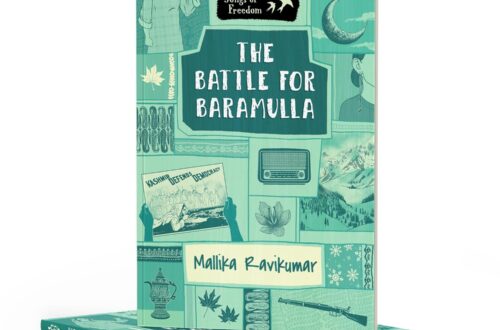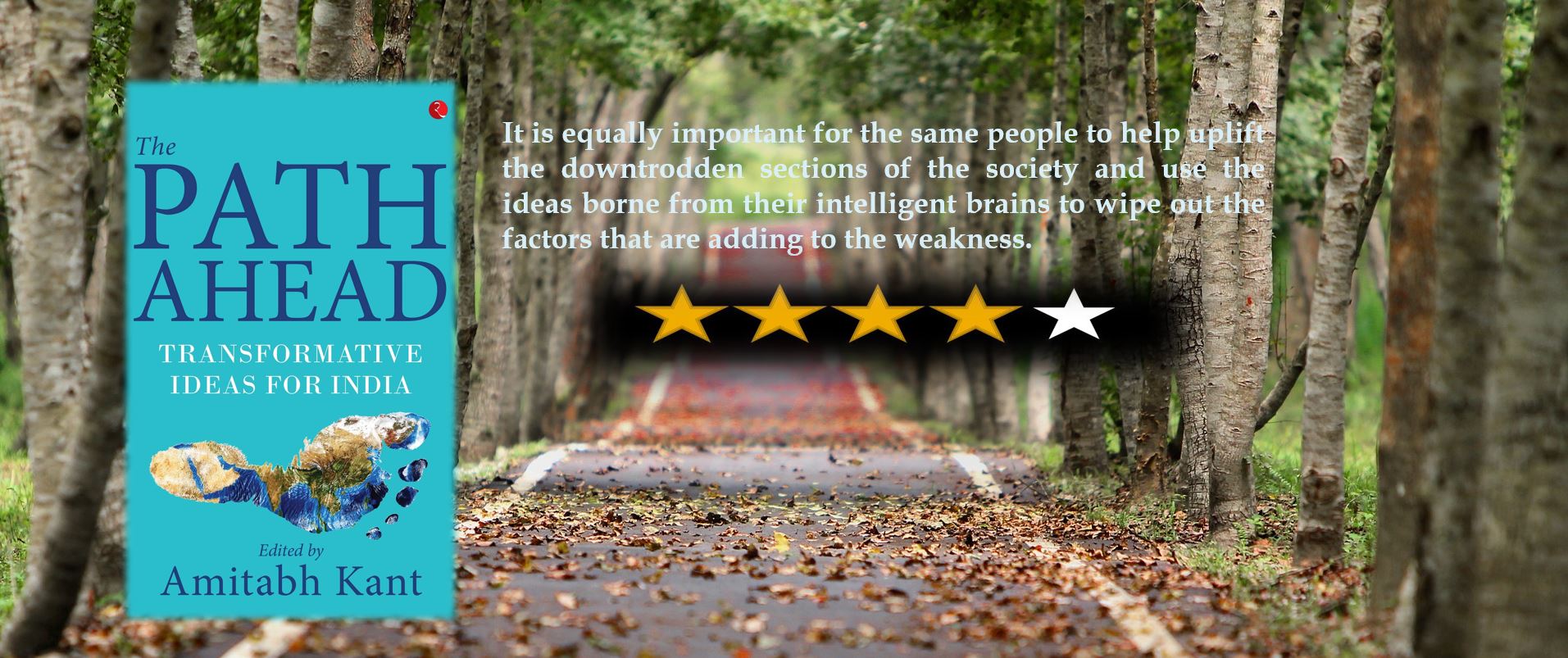Book Review: The Handmaid’s Tale by Margaret Atwood
The Handmaid’s Tale
Author: Margaret Atwood
Publisher: Vintage Publishers
Rating: 5/5
“Better never means better for everyone… It always means worse, for some.”
― Margaret Atwood, The Handmaid’s Tale

The world is changing, for better or worse, we cannot say. Like Atwood mentions in her classic novel, it is true that the change might benefit some but will definitely mean worse for many! Set in the dystopian future, The Handmaid’s Tale is a story about indifference, survival, longing and surrender.
The Handmaid’s Tale is the story of handmaids in the Republic of Gilead where women have been stripped off their basic civil rights to read, write, dress to their heart’s content, make love to the person they love or participate in matters that concern the society. In Gilead, theocracy prevails. Here women are categorized based on their ability to procreate. The elitist of them are called Wives. They are the wives of the commanders (the men who hold the highest rank). They dress in blue unless they are a widow (then they dress in black). The next in the hierarchy are the Daughters who are either adopted or biological. They dress in white until they get married to a commander and then, they dress like the Wives. Since most of the women in Gilead are infertile, a Handmaid is assigned to them for the purpose of childbearing. Heaven forbid, if a handmaid turns out to be infertile, she is sent to the colonies located at the outskirts of Gilead and made to clean the nuclear waste until they die of exposure to the radiation. Another category is that of the Aunts. The Aunts are cruel, they train the handmaids and they dress in brown. Then there are old, infertile women called the Marthas who serve as the domestic help in the commander’s house. They are compliant yet not naive.
The story has been narrated from Offred’s point of view. She is the handmaid of Commander Fred Waterford. Her real name is not Offred. I think you can figure out the purpose behind her name now, can’t you? Oscillating between the flashes of the past and the brutality of the present, Offred’s account of her misery and her helplessness is quite overwhelming. Once carefree and totally in love, Offred is indifferent now. She doesn’t feel pain nor compassion. She does wish to escape at times but considers herself too weak to take such a step. The vivid imagery in Atwood’s description of the ‘ceremony’ also reeks of the displeasure it causes to the handmaids, yet Offred remains distant- emotionally and spiritually. She often remembers her daughter, her husband, her mother and her friend- all of them taken away from her either by force or by choice. She often succumbs to the mundane sexual routine yet she wishes that she is strong enough to bear it all.
The story is spine-chilling yet so realistic. Using metaphorical references, Atwood marvels at creating a terse and tense atmosphere. In one of the chapters, Offred says ‘A rat in a maze is free to go anywhere, as long as it is in a maze’. The handmaids are like those rats. They are given time to go for walks (only in pairs), they are scheduled to breed, they are given food, shelter and protection. In return, they only have to accept the fact that they are just are two-legged wombs, that’s all: sacred vessels, ambulatory chalices. The story touches upon the never-ending issues of gender inequality, political influence and bigotry, patriarchy and feminism. Knowing that Atwood is a feminist writer, it wouldn’t take rocket science to figure out that Moira acts as her spokesperson whenever Offred indulges in a discussion with her.
The emotions in this story, especially those of Offred, Serena Joy and Moira, are real and raw. They evoke genuine sympathy or empathy even! The characters are real. The descriptions are vivid and the analogies enhance the plot further. However, I wished for a part that exposed the mindset of the men. They have been shown too much in action to even speak their mind about the plight of women around them. The commander often sounds remorseful yet he takes a step back before revealing anything more. Nick is too unapproachable. Luke doesn’t have enough part to play. I also wished that I could understand the pain of the Guardians and the other guards.
There are disturbing narratives as well. The description of the bodies hanging on the wall, the description of the ‘ceremony’ of sexual intercourse, the description of punishments- these are just some examples. The narrative is on-point. Offred draws out all the sympathy she deserves. And that is what is the USP of this book.
Overall, The Handmaid’s Tale is worth every penny spent. It is a contemporary classic that will open your mind to so many varied possibilities. It might be dismal and bleak but there is a certain addiction that one develops soon.
Best wishes to the author!
Buying link: Amazon


